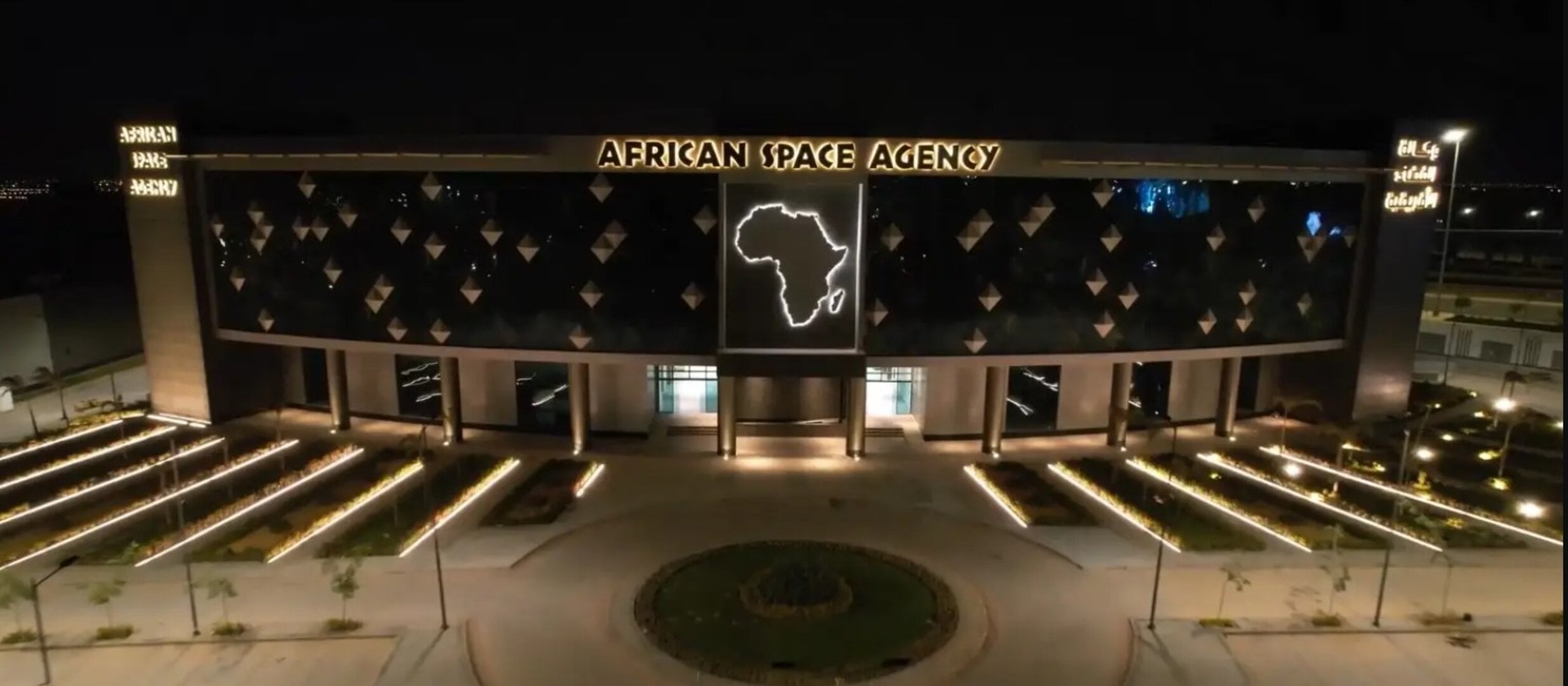On 20 April, 2025, the African Space Agency (AfSA) was formally launched at an inauguration ceremony in Cairo, Egypt. The decision to create AfSA was made by the African Union (AU) in 2016 to coordinate the continent's approach to space, and enact the African Space Policy and Strategy. AfSA will coordinate African space cooperation with Europe and other international partners.
African Space Agency
In January 2016, at their 26th Ordinary Session, the AU Assembly adopted the African Space Policy and Strategy. This was meant to establish a foundation for a coordinated approach to space activity across the continent.
There are already 22 African states with their own space agencies. Some of these are supported by national legislation, while others are operated by national research agencies. For the most part, these agencies are interested in Earth-observing missions, tracking climate change and weather for agricultural purposes, and providing basic services like navigation, communication and coordinating disaster response. The South African National Space Agency (SANSA), for example, has a successful program using satellite monitoring to detect wildfires in remote areas and report them to relevant fire-fighting authorities.
A primary goal of the African Space Policy and Strategy is the formation of AfSA, which will unite the efforts of the various national agencies. It will serve as a single point of contact in discussions with other nations, and also provide a united front in negotiations with service providers like private launch companies and hardware manufacturers.
At an event held in February this year, the president of the AfSA Council, Dr. Tidiane Ouattara, outlined the three pillars of Africa's space ambitions: The necessity of space technologies, the need for a robust structural framework, and the future of space in the era of NewSpace and Artificial Intelligence (AI). He pointed out that Africa is currently a consumer of space technology and data, importing it from other nations, and emphasized how important it was that the continent use its wealth of natural resources and engineering talent to instead produce its own.
"Africa is a sleeping giant in the space economy," he said.
With a projected revenue of $22 billion by 2026, we are barely scratching the surface of our potential. We must move from being passive users to active creators of space knowledge, services, and solutions. The future of space lies in collaboration," he added. "We must build a critical mass of skilled professionals and create an enabling environment for startups and SMEs to thrive.
Policy and Strategy
The AU space policy is published in a 16 page document, but some of the key objectives include:
- It must benefit the people of Africa, both by improving the economy of the member nations and by providing real benefits to its people. For example, it must provide education, access to technology, and better access to information, including early warning systems for natural disasters and climate emergencies. Space projects should employ local people, trained at local universities.
- It must improve access to space services infrastructure, by including existing facilities and building new ones. This doesn't just mean launch facilities and places to build satellites, but also building up the skills that people need to work in those places, and setting up networks for member states to share resources and information.
- Coordinating the African space arena. Given how expensive it is to roll out a space program, it makes sense for different space agencies to work together and coordinate their efforts. By cooperating, they should not only avoid having to build redundant facilities but can also share markets and outcomes.
The strategy document is a little more concrete, describing the policy goals in more practical terms and setting specific targets.
Africa in space
Although Africa covers a full fifth of the land surface of Earth, it only contributes 0.5% of the entire global space budget. Only one African state even appears on the top 30 list globally; in 2013, South Africa ranked 23rd in terms of space spending (with a budget of $41 million) and 30th in terms of scientific output in satellite production (publishing 0.87% of papers in this area).
To date, 18 African states have launched satellites, with a total of 67 launches. The first (Nilesat-101) was launched in 1998 by Egypt, and the most recent (Botsat-1) was launched by Botswana in March this year. However, most of these satellites have either since re-entered the Earth's atmosphere, or are no longer working. None of them were launched on African rockets, or from African launch facilities.
All of this shows that Africa has fallen far behind the rest of the world when it comes to investing in space. A common thread throughout the policy and strategy documents is that African states, and the continent as a whole, need to invest a lot of money and direct their research institutes towards closing the gap. The people and industries of Africa are losing out on a great many benefits that the developed world take for granted, simply for lack of a significant presence in space. By establishing AfSA, the AU has taken an important step towards correcting the problem.
 Universe Today
Universe Today
